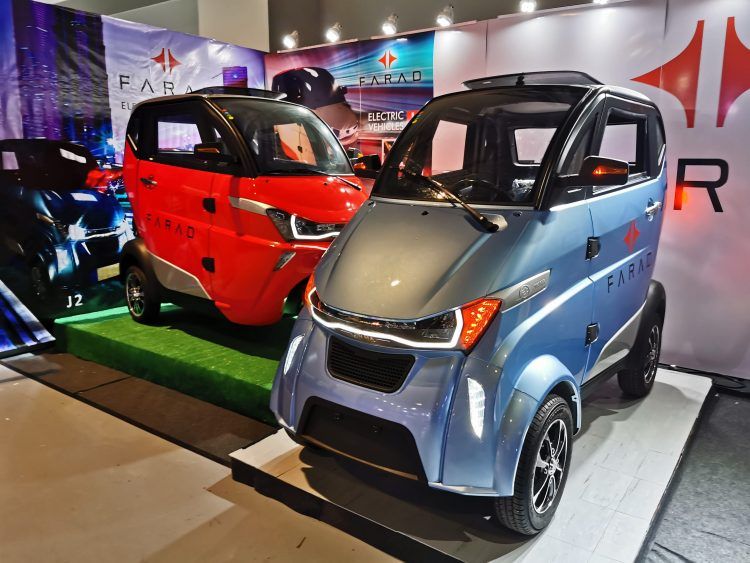The future of transportation is rapidly shifting towards electric vehicles (EVs), but is the Philippines ready to embrace this transition?
Electric vehicles offer numerous benefits, including reduced greenhouse gas emissions, lower fuel costs, and quieter operation. Additionally, as the world moves towards sustainability and environmental consciousness, the adoption of EVs plays a crucial role in achieving these goals.
However, several factors need consideration to assess the Philippines’ readiness for the future of EVs:
- Infrastructure: One of the primary concerns is the lack of infrastructure to support widespread EV adoption. This includes charging stations, battery recycling facilities, and proper disposal methods for used batteries. Without adequate infrastructure, the transition to EVs may face significant challenges.
- Policy and Regulation: Effective policies and regulations are essential to incentivize EV adoption and address potential barriers. This includes tax incentives for EV purchases, subsidies for charging infrastructure development, and emissions standards to encourage manufacturers to produce EVs.
- Public Awareness and Acceptance: Despite the benefits of EVs, public awareness and acceptance remain relatively low in the Philippines. Educating consumers about the advantages of EVs, dispelling myths about their limitations, and promoting their environmental benefits are crucial steps towards increasing adoption.
- Manufacturing and Supply Chain: Developing a local manufacturing base for EVs and their components can boost the economy and reduce dependence on imported vehicles. Additionally, establishing a robust supply chain for EV components, such as batteries and electric motors, is essential for sustaining long-term growth in the EV market.
- Grid Capacity and Renewable Energy Integration: As EV adoption increases, there will be a greater demand for electricity, requiring upgrades to the power grid. Integrating renewable energy sources, such as solar and wind, into the grid can help meet this demand sustainably and reduce reliance on fossil fuels.
While challenges exist, the Philippines has the potential to become a leader in the adoption of electric vehicles. By addressing infrastructure gaps, implementing supportive policies, raising public awareness, fostering local manufacturing, and embracing renewable energy, the country can pave the way for a cleaner, greener transportation future.











